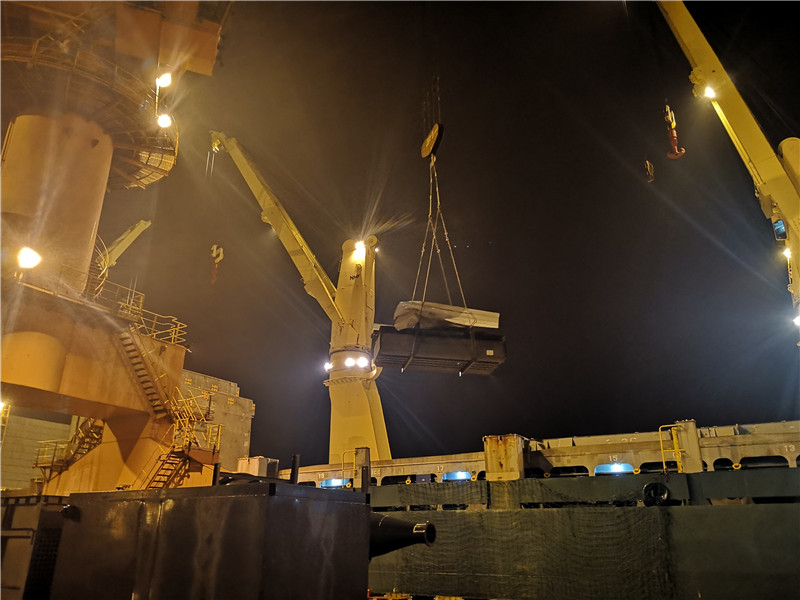
News Center
Please pay attention to more news about Xianghe Express
What is the difference between internati

1. Different identification
Freight forwarding can be specific to shipping, land and other freight forwarding, can provide a "door-to-door" mode of transport agency. As a matter of fact, the work of freight forwarders is entrustment. They can complete the flow of people and operations of all goods from point to point only at a certain point without network operation and having their own bill of lading. In terms of charges, they basically come from price difference or agency fees.
However, the requirements of customers for international logistics enterprises are generally high. International logistics mainly uses modern management, advanced technology and huge business network to link the links of freight transportation and form a large logistics system for overall management. Through the use of external resources of enterprises to realize the allocation of resources, give full play to the efficiency of system functions, realize the rationalization of overall logistics, constantly meet the needs of customers, and charge according to the dynamic service.
2. The service content is different
Freight forwarders usually take the customer's instructions as the starting point, and only provide extended transportation services according to the customer's requirements. It does not intervene in the internal of the enterprise, but is just an external principal-agent relationship. Comparatively speaking, this kind of service is passive.
An international logistics operator may own its own means of transportation, storage facilities, loading and unloading machinery or hardware facilities, but it does not own its own goods and is a single operator.
3. Different legal status
From the current practice of international freight forwarders, some of the businesses entrusted by the consignor are undertaken in their own name, and some of them facilitate the transaction between the consignor and the third party as an intermediary
(1) The freight forwarder does not disclose the principal, but signs a contract with a third party in its own name. At this time, the freight forwarder represents the undisclosed principal. If there is a dispute, the third party will sue the freight forwarder.
(2) The third party can only sue the consignor, but if the freight forwarder is not willing to disclose who the consignor is, the third party can also sue the freight forwarder first.
(3) If the freight forwarder not only discloses that he represents the principal, but also explains who the principal is, then the third party can only sue the principal when dealing with the responsibility disputes.
International logistics provider is a complex role, carrying many functions of many industries, unlike freight forwarders, which can be simply classified as legal agents, nor transport providers, which have the status of carrier specially given by law. As the organizer and commander of the whole logistics service, it is responsible for all aspects of logistics from transportation to storage, which involves complex contract relationship and heavy responsibility.
From the perspective of legal relationship, the operation of international logistics providers can be divided into two types: the general contract relationship between international logistics providers and service demanders, and the sub contract relationship between international logistics providers and subcontractors. Almost all logistics entities of management type international logistics companies have to complete simultaneous interpreting through outsourcing. There are many logistics circulation links, which belong to different traditional industries and departments, and each has their own corresponding legal norms. Therefore, there are definite limits and protections for the liability principle and limit of the contractor in the subcontract.
